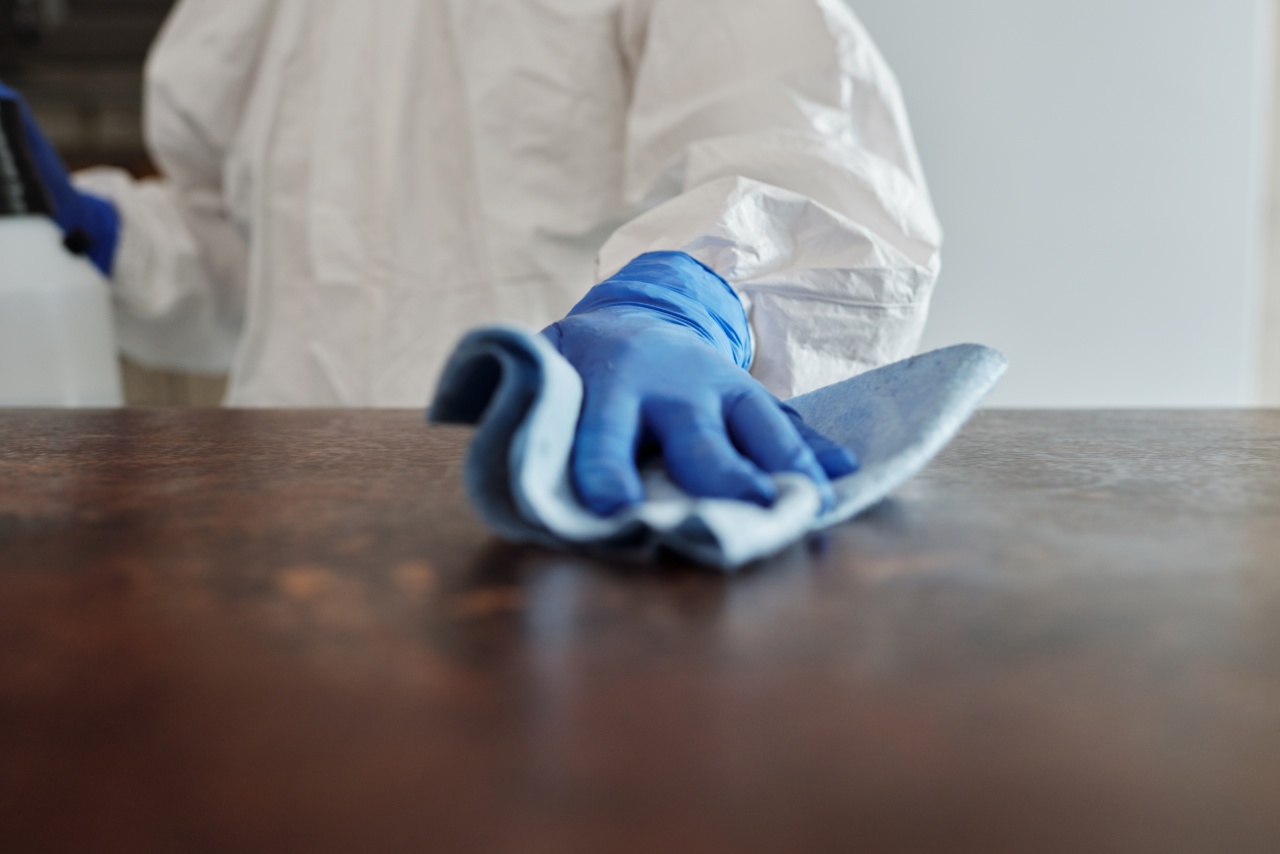Antiseptic solutions such as alcohol and iodine are commonly used in healthcare settings to prevent infection.
However, frequent use of these products can lead to antiseptic-induced dermatitis, a skin condition characterized by itching, redness, and inflammation. Here are some tips to prevent antiseptic-induced dermatitis:.
1. Use Antiseptics Sparingly
Overuse of antiseptic products can cause skin irritation. One way to prevent antiseptic-induced dermatitis is to use these products sparingly.
Limit the use of antiseptics to instances where there is a demonstrated need, such as surgical procedures or wound cleaning.
2. Choose Gentle Antiseptics
Not all antiseptics are created equal. Some are harsher on the skin than others. When selecting an antiseptic, opt for products that are formulated to be gentle. There are many products on the market that are designed specifically for sensitive skin.
3. Keep Antiseptics Away from Sensitive Areas
Avoid using antiseptic products on sensitive areas of the body, such as the face, groin, and underarms. These areas are more prone to irritation and may require more gentle products.
Always read the product label to ensure that a particular antiseptic is safe for use on a specific area of the body.
4. Keep Skin Moisturized
Dry skin is more prone to irritation and inflammation. To prevent antiseptic-induced dermatitis, it is important to keep your skin moisturized.
Use a gentle, fragrance-free moisturizer after using antiseptic products to help soothe the skin and prevent dryness.
5. Wash Antiseptics Off Thoroughly
After using an antiseptic product, it is important to wash it off thoroughly. Leaving residual antiseptic on the skin can cause irritation and dryness. Use warm water and a mild soap to remove the antiseptic solution completely.
6. Consider Alternatives
If you are experiencing antiseptic-induced dermatitis, it may be time to consider alternative products.
Talk to your healthcare provider about alternative antiseptics or other products, such as barrier creams, that can be used in place of antiseptics to prevent infection.
7. Talk to Your Healthcare Provider
If you are experiencing symptoms of antiseptic-induced dermatitis, talk to your healthcare provider. They can recommend products to help soothe your skin and prevent further irritation.
8. Use Gloves
If you are a healthcare provider or work in an environment where you frequently handle antiseptics, consider wearing gloves. This can help protect your skin from the harsh chemicals found in antiseptics.
9. Properly Store and Dispose of Antiseptics
When storing antiseptics, make sure to keep them in a cool, dry place away from direct sunlight. Dispose of antiseptic products properly and according to local regulations.
10. Seek Treatment
If your symptoms persist despite taking preventative measures, seek treatment from a healthcare provider. They can prescribe creams or medications to help alleviate your symptoms and prevent further damage to your skin.































